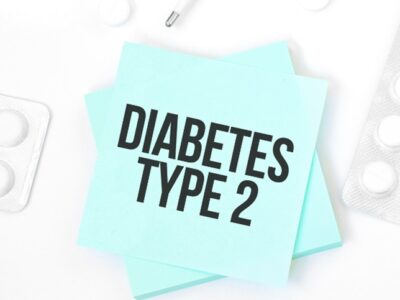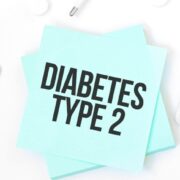Is there anything to be worried about?
Numbness in the left arm may be triggered by anything as basic as a sleeping posture or as severe as a heart attack. There are hundreds of other possible triggers in between. This also refers to the numbness of the right arm.
A fleeting sense of numbness in the left arm does typically not cause worry. It would most likely fix itself. However, if it continues or you have any concerns about the cause, you can contact your doctor.
Seek urgent medical attention if you already have:
- pain and pressure in the chest
- pain in the back, jaw, or shoulders
- discolouration of the skin
- Swelling or inflammation
- breathing or swallowing difficulty
- perplexity
- unexpected headache
- palsy of the face
- nausea, vomiting, and problems with balance and coordination
Keep reading to hear about some of the potential causes of numbness in the left arm.
Inadequate blood supply
Problems with your arteries and veins will interrupt blood flow to your arms. If you have diabetes, high blood pressure, or kidney disease, you will most likely have a vascular condition. They can also be caused by injuries, cancers, or other anomalies.
You may feel the following symptoms in addition to numbness and tingling in your arms and hands:
- pain and swelling
- unusual colouration of the fingertips
- cold palms and toes
Depending on the cause, treatment can involve pressure wraps or surgical intervention to repair the infected blood vessel.
Traumatic causes
Fractures of the bones
A bone fracture may cause numbness in the arm. You are most expected to experience pain and swelling.
The bones must be realigned, and the limb must be immobilized before it heals. The severity of the damage determines the manner in which this is done. Minor injuries can be treated solely with a cast or brace. Significant breaks can necessitate surgery to align better and stabilize the bones.
burns
Numbness on your arm may be caused by a heat or chemical burn. This is particularly true as the burn penetrates the skin and kills nerve endings.
Minor burns may be treated at home by adding cool water or a cold, wet compress. You should add petroleum jelly on damaged skin. Use of butter or topical steroid ointments may result in infection. Cover the affected region with a nonstick bandage and allow the blisters to recover on their own.
If you have a big burn, any health problems, or find any signs of illness, go to the emergency department. Call 911 if you have serious burns. These burns can be fatal and necessitate complex medical treatment.
Bites from insects
Insect stings and bites do not harm everyone in the same way. Few may develop serious allergic reactions, while some may have mild effects. These signs can include numbness or tingling in the affected area.
Mild bites should be treated by cleaning the affected area and adding a cold compress. Itching can be relieved with over-the-counter antihistamines.
Get immediate medical attention if you have any of the following symptoms: difficulty breathing, swelling of the throat, lips, or eyelids
rapid heartbeat, nausea, cramps, or vomiting
dizziness or confusion
Disc herniation
A slipped disc in your spine may cause numbness, stiffness, and tingling in one arm. Radiating pain in the arm, spine, or shoulders is also possible.
Rest, hot and cold applications, and over-the-counter pain relievers should be used to treat it. Consult the doctor if the symptoms persist. Prescription medications or surgery will likely be needed.
Nerve damage
Overuse peripheral nerve injuries may result in pinched nerves in your arm or forearm, causing numbness and discomfort. Carpal tunnel syndrome, for example, attacks the median nerve connecting ligaments and bones in the forearm.
Cubital tunnel syndrome is a condition that affects the ulnar nerve near the elbow.
Radial tunnel syndrome is a condition that damages the radial nerve, which extends from your arm to the back of your neck.
The bulk of these concerns can be overcome by eliminating routine activities.
avoidance of practices that put pressure on the wounded field surgery
Degenerative illness
Cervical spondylosis is a form of spinal spondylosis.
When the spinal cord in your spine gets compressed, you have cervical spondylosis of myelopathy, also known as cervical spondylotic myelopathy (from degenerative arthritis in the neck). This can result in arm numbness, fatigue, or discomfort. Such signs include neck pain and difficulty walking or using the hands.
A neck brace or physical therapy may be all that is needed. Otherwise, you could need a prescription or surgery.
Cervical spinal stenosis
A narrowing of the spine of the neck is referred to as cervical spinal stenosis. This may be the product of cervical spondylotic myelopathy. This can induce numbness, tingling, and arm fatigue. It may also cause problems with the feet, urinary bladder, and intestine.
Medication, occupational therapy, and, in some cases, surgery are used to treat it.













